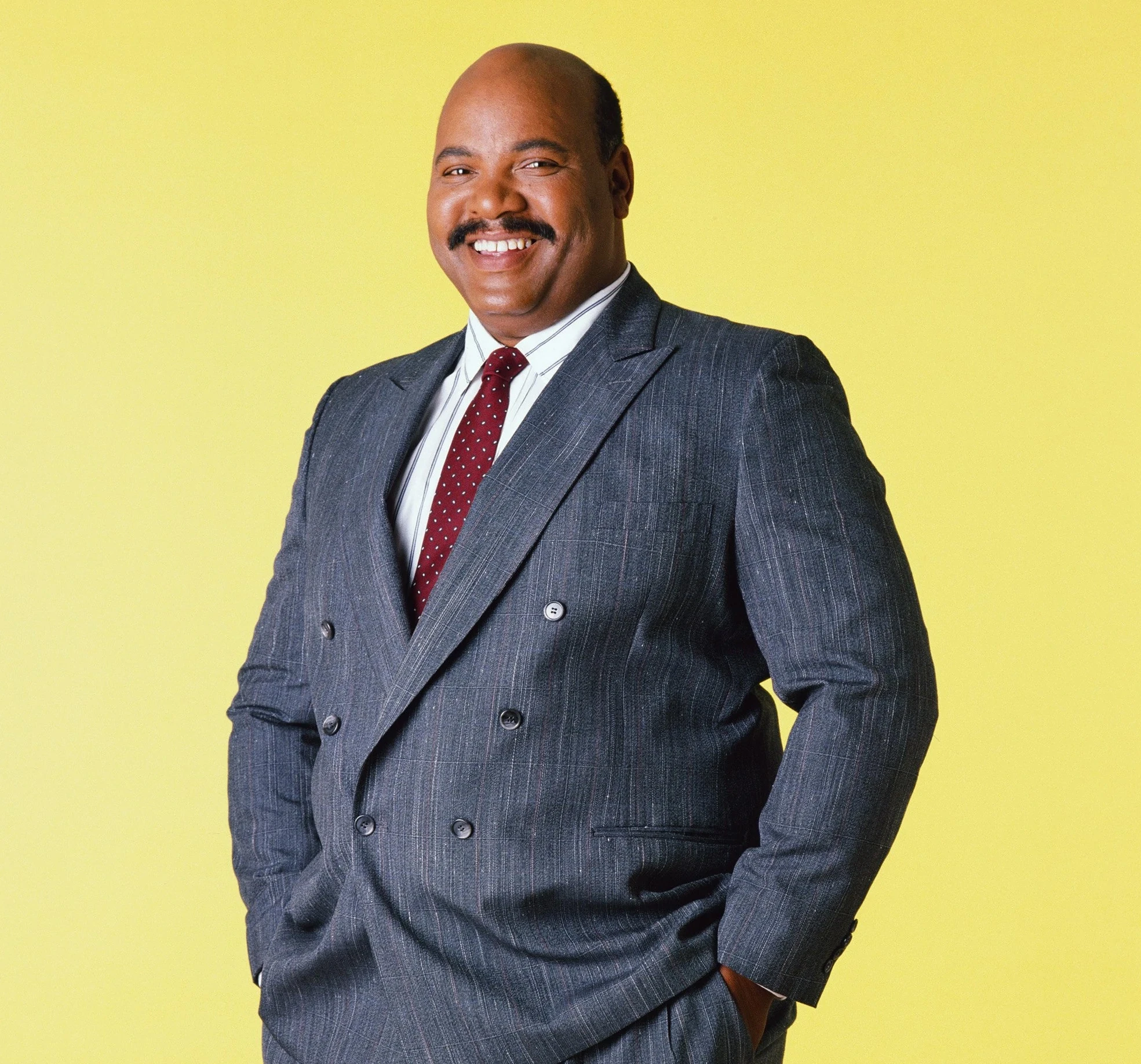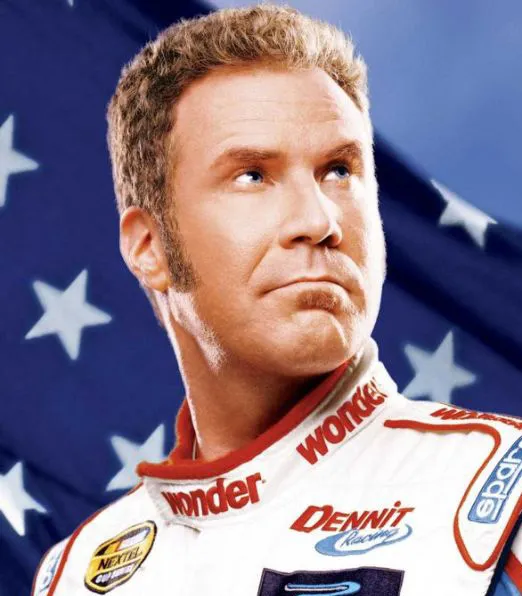Hey Fellow Dads,
When my first child was born, I was filled with a mix of excitement and sheer terror. Holding my newborn daughter, I wondered, “ What Kind Of Dad Did I Want To Be?, And, What Kind Of Dad Did My Kid Need Me To Be?“. Personally, I grew up with a dad who was strict yet extremely passive. He had rules I had to follow, but beyond that, there was little interaction or small talk. In contrast, some of my friends had dads who were super relaxed about rules and acted more like friends than parents. My best friend’s dad even used to roll our weed for us in high school, as long as we shared it with him, something my dad would never have done!
Having my own child made me think deeply about the kind of father I wanted to be. I didn’t know much about parenting styles when my first child was born, just a lot of different examples of how to parent in my everyday life. This reality was realized as my friends grew up into outstanding adults, despite the type of parenting they had. That’s when I realized that understanding different dad styles is crucial because it allows me to choose which type of dad I wanted to be and which dad type I need to be for my children. Knowing the different styles helps us harness our strengths and be aware of our weaknesses which is important for relationship building in your family.
So, let’s dive into what type of dad you might be and how it can impact your relationship with your kids. There are no bad styles, just different ones, so pay attention to the pros and cons as we go through these styles.
But first, let’s explore the historical context surrounding parenting styles.
Historical Background on Fathering Styles
Traditional Patriarchal Model – In ancient and medieval times, dads were the head of the household. They were the primary authority figures, responsible for economic support, moral and religious education, and discipline. Emotional nurturing was often seen as the mom’s job. This continued during the Industrial Revolution when dads worked away from home in factories, becoming mostly breadwinners.
Early 20th Century – Freud’s theories emphasized the father’s role in moral guidance, while behaviorism highlighted structured and authoritarian parenting styles. After World War II, the nuclear family model promoted fathers as providers and protectors. Researchers like Diana Baumrind started highlighting the benefits of authoritative parenting, which balanced discipline and emotional support.
Late 20th Century to Early 21st Century – Gender roles began changing, with more dads becoming involved in caregiving. Diverse family structures became recognized, including single-parent families and same-sex parents. Modern fathering styles emphasize emotional involvement, nurturing, and active participation in children’s lives.
As a dad who is raising 4 children; three in college and one more almost there, I’ve seen how being a dad has changed a lot over the years. When my kids were little, it was just becoming normal for dads to help with things like mending a broken heart, expressing vulnerabilities, and affection without ridicule. Now, many dads do these things every day and often participating in those activities are the highlight for each dad. There are also new rules that let dads take time off work when a baby is born, so they can help out more at home and truly work on relationship building at an early age.Today, dads try hard to be emotionally close to their kids. This means listening to them, showing up for them when they need it, and by being involved in all aspects of their child’s life.
There has been a huge push for Dads to be more mindful of their mental health now, so dads are also paying more attention to their own feelings; including unresolved issues of the past and trauma, and how it impacts their kids’ emotional development. Being emotionally aware of yourself has helped make families closer and happier and also has helped make fatherhood more enjoyable.
*Working from home has made a big difference, too. It means dads can spend more time with their kids, share in the household work, and be available, if you do it right which I tend to miss this mark from time to time. There are also groups and programs that help dads learn how to be better parents. These groups express to fathers all around the world how important it is for dads to be GOOD.
Shameless plug for the work I do with the Good Dads Club
Remember, Families come in all shapes and sizes now. There are single dads, stay-at-home dads, co-parenting dads, step dads, and dads in same-sex relationships. There are more resources to help all kinds of dads. Technology helps, too, with apps and websites that give advice and support. Social media lets dads share their stories and get help from other dads. Being a dad today means showing your feelings, caring for your kids, and being a big part of their lives, which makes families stronger and happier.
Join Our Group The Good Dads Club Facebook Group
So what are the different styles of parenting? There are many different attributes of being a great father and I have grouped those attributes into 4 styles of parenting. None are good or bad just different as you will see by the examples. The goal is to find a style that best fits your expectations as a father as well as your personal goals for your children and household and then be flexible in your administration of these principles.
Authoritarian Parenting
An example of an authoritarian father-son relationship can be seen in the TV series “The Fresh Prince of Bel-Air” with the characters Philip Banks (Uncle Phil) and his son, Carlton Banks.

The Good:
- Strict Rules: Uncle Phil sets rigid and high expectations for Carlton and his nephew Will. He expects Carlton and Will to excel academically and uphold the family’s values. This creates a sense of discipline and responsibility in Carlton.
- One-Way Communication: Philip’s communication style is primarily one-way, especially in moments of discipline. He often tells Carlton what to do and expects him to follow without much input. This helps Carlton understand the importance of respect and obedience.
- Punitive Discipline: When Carlton makes mistakes, Uncle Phil often responds with strict disciplinary measures. For example, when Carlton gets into trouble or makes poor decisions, Philip’s responses are firm and corrective, aiming to teach lessons through consequences.
- Less Nurturing: While Philip loves his children, he sometimes shows it through tough love rather than overt nurturing. He prioritizes preparing Carlton for the challenges of the real world, which helps Carlton build resilience and independence.
The Bad:
- Emotional Distance: Uncle Phil’s authoritarian approach can create emotional distance between him and Carlton. Carlton may feel pressured to meet high expectations and may sometimes feel misunderstood.
- Pressure and Rebellion: The high expectations and strict rules can put significant pressure on Carlton. While he generally strives to meet his father’s expectations, there are moments of rebellion or feelings of inadequacy when he falls short.
- Lack of Emotional Support: The emphasis on discipline over emotional nurturing means that Carlton may struggle with internalized stress and feelings of loneliness, as he doesn’t always receive the emotional support he might need.
Motivation and Challenges:
- Motivation to Succeed: Uncle Phil’s strict parenting style motivates Carlton to achieve academic success and maintain a high level of personal responsibility. Carlton works hard to gain his father’s approval and meet the high standards set for him.
- Emotional Struggles: The lack of emotional nurturing and constant pressure can lead to emotional struggles for Carlton. He sometimes feels overwhelmed by the need to meet his father’s high expectations, leading to moments of self-doubt and stress.
- In conclusion, Philip Banks’s authoritarian parenting style in “The Fresh Prince of Bel-Air” exemplifies strict rules, one-way communication, punitive discipline, and minimal nurturing. While it drives Carlton to be disciplined and successful, it also highlights the significant emotional challenges and pressures associated with this parenting style.
Philip Banks’s authoritarian parenting style in “The Fresh Prince of Bel-Air” exemplifies strict rules, one-way communication, punitive discipline, and minimal nurturing. While it drives Carlton to be disciplined and successful, it also highlights the significant emotional challenges and pressures associated with this parenting style.
Watch A Few Of Uncle Phil’s Disciplinarian Tactics
Authoritative Parenting
An example of an authoritative father-son relationship is Mufasa and his son Simba from the movie “The Lion King.”

The Good:
- Clear Guidelines: Mufasa sets reasonable expectations and rules for Simba. He teachesSimba about the circle of life and the responsibilities of being a future king. Mufasa makes sure Simba understands why these rules are important, helping him see their value.
- Two-Way Communication: Mufasa encourages open communication with Simba. He listens to Simba’s thoughts and concerns and often engages in discussions that allow Simba to express himself. This builds a strong, trusting relationship between them.
- Supportive Discipline: When Simba makes mistakes, Mufasa uses these moments as teaching opportunities. For instance, when Simba ventures into the elephant graveyard against his father’s wishes, Mufasa explains the dangers and why it’s important to follow the rules. This approach helps Simba understand and learn from his mistakes.
- High Nurturing: Mufasa is affectionate and nurturing towards Simba. He spends time with him, supports his interests, and provides emotional encouragement. This support helps Simba feel loved and secure, boosting his confidence.
The Bad:
- Hero Worship: Mufasa’s strong presence and guidance can lead to hero worship, where Simba looks up to his father so much that he feels hesitant to take risks or make decisions without his approval. Simba sometimes struggles to find his own path, fearing he might disappoint his father.
- Risk Aversion: The desire to meet Mufasa’s high expectations and receive his approval can make Simba risk-averse. He might avoid taking chances or trying new things because he’s worried about not living up to his father’s ideals.
Motivation and Challenges:
- Motivation to Succeed: Mufasa’s authoritative parenting style motivates Simba to strive to be a good king. Simba learns the value of responsibility, courage, and wisdom, which helps him grow into a strong leader.
- Difficulty in Independence: While Simba benefits from Mufasa’s guidance and support, he sometimes finds it challenging to make independent decisions. The pressure to live up to his father’s expectations can make it hard for him to step out of his comfort zone and take risks on his own.
Mufasa’s authoritative parenting style in “The Lion King” exemplifies clear guidelines, open communication, supportive discipline, and high nurturing. While it drives Simba to succeed and fosters a strong bond, it also highlights the potential challenges of hero worship and risk aversion, demonstrating the balance needed in authoritative parenting.
The key to being an authoritative parent is doing the self-work so you can show up effectively. If you haven’t done this work yet, I created a FREE guide to help you identify what you need to focus on.
Permissive Parenting
An example of a permissive father-son relationship is Homer Simpson and his son Bart Simpson from the TV show “The Simpsons.”

The Good:
- Minimal Rules: Homer sets few rules, giving Bart a lot of freedom. This allows Bart to explore and express himself without many restrictions. Bart has the space to be creative and adventurous, which can be positive for his self-expression.
- Open Communication: Homer’s easygoing nature means that communication is open. Bart feels comfortable talking to his dad about anything because Homer doesn’t impose strict guidelines or expectations. This openness can foster a friendly and approachable relationship.
- High Nurturing: Homer is very nurturing and indulgent, often acting more like a friend than a strict parent. He enjoys spending time with Bart and engaging in fun activities together. This high level of nurturing helps Bart feel loved and supported.
The Bad:
- Lacks Guidance and Structure: Homer’s lack of guidance and structure means that Bart doesn’t always have clear boundaries. This can lead to confusion about what is acceptable behavior and what isn’t, making it harder for Bart to understand the consequences of his actions.
- Rare Discipline: Discipline is infrequent in Homer’s parenting style. When Bart misbehaves, Homer often lets it slide or responds with choking the life out of him, lol. This lack of consistent discipline can lead Bart to believe that he can get away with bad behavior without facing serious consequences.
- Risk-Taking: Bart’s freedom and the lack of strict rules often lead him to take more risks and challenge authority. Without clear limits, Bart tends to push boundaries, sometimes getting himself into trouble.
Motivation and Challenges:
- Creativity and Independence: Homer’s permissive parenting style allows Bart to be highly creative and independent. Bart often comes up with imaginative schemes and pranks, showcasing his ability to think outside the box.
- Difficulty with Authority: However, Bart’s tendency to take risks and challenge authority can lead to problems. He often finds himself in trouble at school and with other authority figures because he doesn’t always recognize or respect boundaries.
Homer Simpson’s permissive parenting style in “The Simpsons” exemplifies minimal rules, open communication, rare discipline, and high nurturing. While it fosters a friendly and creative environment for Bart, it also highlights the potential challenges of a lack of structure and increased risk-taking behavior, demonstrating the balance needed in permissive parenting.
Uninvolved Parenting
An example of an uninvolved father-son relationship is Ricky Bobby’s relationship with his father, Reese Bobby, in the movie “Talladega Nights: The Ballad of Ricky Bobby.” Additionally, Ricky Bobby’s own relationship with his two sons, Walker and Texas Ranger, also demonstrates uninvolved parenting as seen in the infamous dinner scene and the conversation involving Jesus wearing a tuxedo T-shirt because he likes to party.

The Good:
Self-Reliance: Due to the lack of guidance and emotional support from Reese, Ricky learns to rely on himself from a young age. This self-reliance can be a positive trait, as it encourages independence and resourcefulness.
The Bad:
- Lack of Rules: Reese sets few or no expectations for Ricky. He is largely absent from Ricky’s life, providing little guidance or structure. This lack of rules leaves Ricky without a clear understanding of boundaries and acceptable behavior.
- Limited Communication: Reese communicates minimally with Ricky. His sporadic presence means that he is often detached and uninvolved in Ricky’s life, leaving Ricky to navigate his own path without much parental input.
- Neglectful Discipline: Reese offers little to no discipline or guidance. When he does appear, his approach is more about imparting wild, unstructured advice rather than providing constructive discipline.
- Low Nurturing: Reese meets Ricky’s basic needs sporadically but lacks emotional support. He is not there to provide comfort, encouragement, or stability, which can lead to emotional challenges for Ricky.
Motivation and Challenges:
- Independence: Reese’s uninvolved parenting forces Ricky to develop independence and a strong sense of self-reliance. Ricky becomes determined to succeed on his own terms, driven by a desire to prove himself.
- Emotional Struggles: The lack of emotional support and guidance from Reese leads to emotional struggles for Ricky. He deals with feelings of abandonment and a constant need for validation, which affect his personal relationships and self-esteem.
Both Reese Bobby’s and Ricky Bobby’s uninvolved parenting styles in “Talladega Nights” exemplify a lack of rules, limited communication, neglectful discipline, and low nurturing. While this drives their children to become independent and self-reliant, it also highlights the significant emotional challenges and lack of structure that come with uninvolved parenting, demonstrating the balance needed for a healthier parent-child relationship.
How can you improve no matter your parenting style? Here’s how to implement these strategies into your parenting today.
- Set Clear Expectations: Be like Mufasa. Have clear rules but be open to discussions.
- Balance Discipline with Nurturing: Discipline should teach, not punish. Always show love and support.
- Stay Involved: Participate in your child’s daily activities. Quality time matters.
- Encourage Independence: Allow your child to make decisions and learn from their experiences.
Understanding your fathering style helps you harness your strengths and be aware of your weaknesses. It’s essential to blend different styles to create a balanced approach. As a new idea, consider integrating positive aspects from all styles. For instance, set clear rules like an authoritarian parent but ensure you are nurturing and supportive like an authoritative one. This is important to understand as your children grow up and mature.
You may find that when your children are younger it may be more beneficial to lean on your authoritarian style and establish the rules and boundaries. Once your child begins to expand the choices they are allowed to make then an authoritative approach may be best while you keep them close and provide redirection alongside your disciplinarian attempts. As they get older and make more decisions for themselves moving into an permissive or uninvolved role may be best because you not only trust them but you want them to begin creating the life they want to lead not the one you boxed them in with.
For further understanding, check out these resources:
Remember, there’s no one-size-fits-all approach to parenting. Keep learning and growing as a dad.
🍻Cheers to becoming the best dad you can be!
References:
- Lamb, M. E. (Ed.). (2010). The Role of the Father in Child Development. John Wiley & Sons.
- Pruett, K. D. (2000). Fatherneed: Why Father Care is as Essential as Mother Care for Your Child. Broadway Books.
- Meeker, M. (2006). Strong Fathers, Strong Daughters: 10 Secrets Every Father Should Know. Ballantine Books.





